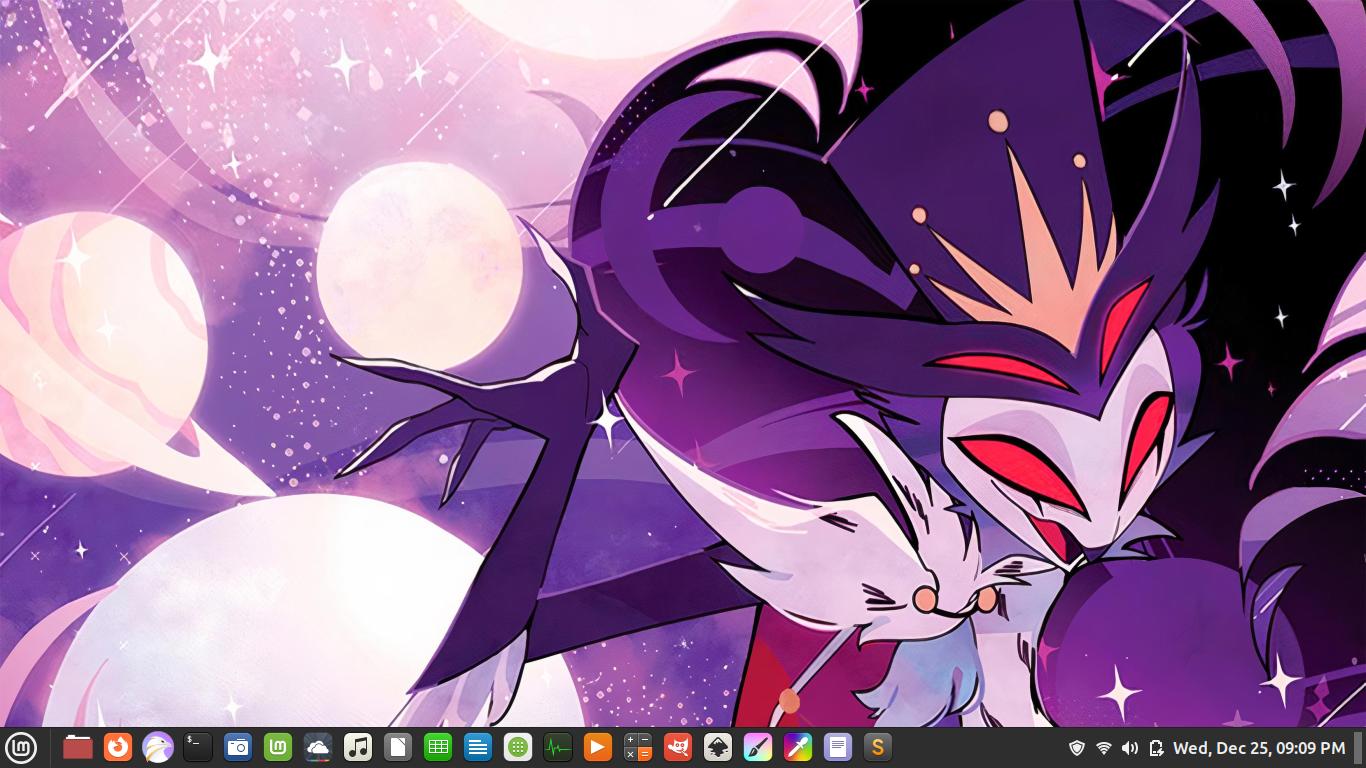204
you are viewing a single comment's thread
view the rest of the comments
view the rest of the comments
this post was submitted on 26 Dec 2024
204 points (92.5% liked)
Linux
48945 readers
657 users here now
From Wikipedia, the free encyclopedia
Linux is a family of open source Unix-like operating systems based on the Linux kernel, an operating system kernel first released on September 17, 1991 by Linus Torvalds. Linux is typically packaged in a Linux distribution (or distro for short).
Distributions include the Linux kernel and supporting system software and libraries, many of which are provided by the GNU Project. Many Linux distributions use the word "Linux" in their name, but the Free Software Foundation uses the name GNU/Linux to emphasize the importance of GNU software, causing some controversy.
Rules
- Posts must be relevant to operating systems running the Linux kernel. GNU/Linux or otherwise.
- No misinformation
- No NSFW content
- No hate speech, bigotry, etc
Related Communities
Community icon by Alpár-Etele Méder, licensed under CC BY 3.0
founded 5 years ago
MODERATORS

I think it's a fair point that immutable distros are still a developing concept and probably not ready for primetime, but I do feel that eventually this must be the answer to make things absolutely bulletproof for people (of which there are many) who have a natural ability of nuking their OS.
Sure, but I wouldn't expect an elderly user to be one of the people with the natural ability to nuke their OS.
I've daily driven Bazzite, an immutable distro, since July, and I haven't seen the kind of Flatpak issues they talk about - or frankly any major issues, this whole experience has been way easier than Windows ever was with updates (it took me a few minutes to figure out Proton and Heroic launcher though). I didn't know about the new Fedora update until I booted up and my lock screen was different. My experience is that Bazzite (and likely all of the other uBlue Fedoras) is fantastic and absolutely ready now.
That said, nothing is more stable than something like Debian. Unless you've got some hardcore gamer grandma I think the immutable distros are a solution to a problem not present in OPs hypothetical.
I agree with the uBlue recommendation. The best thing about these for OP is that they update automatically on reboots, with zero user interaction. I can easily imagine anyone getting nervous accepting a Mint update and watching all the text zoom by. You don't see any of that with uBlue.
*I am using and loving Bluefin.
https://projectbluefin.io/
To me it's like the old saying from Win9x days "Help, I've deleted the internet". Removing an Internet Explorer shortcut from the desktop might be easier than nuking a Linux installation, but I think if the point is to be of service to absolute tech-illiterates then you need to be ready for anything, any edge case. And like you say, if Flatpaks and all that just work then what would be the downside of immutability?
I mean in theory one can make deep-rooted changes to macOS, but I haven't once seen it fail to upgrade successfully. And I definitely wouldn't consider Windows immutable with how many things can go wrong in practice. I've had more than a few customers who lost wifi drivers through no fault of their own, in one case the entire device wasn't visible anymore, so reinstalling a driver wouldn't have done anything, all I could do was roll back the feature update and ensure it won't install it again. In that sense, immutable Linux might even be the best offering out there today. The only thing it lacks (besides Android and SteamOS) is a multi-billion dollar company backing it for wider desktop adoption.